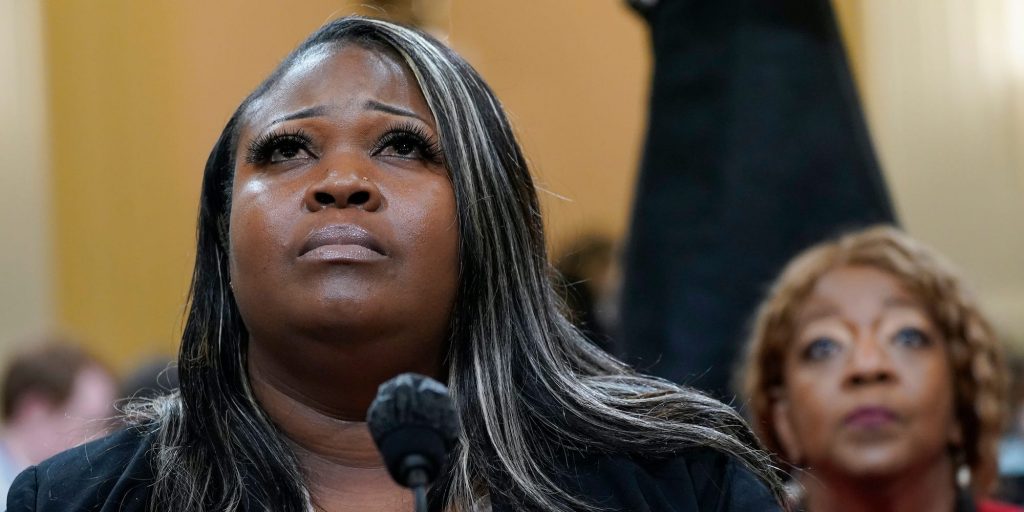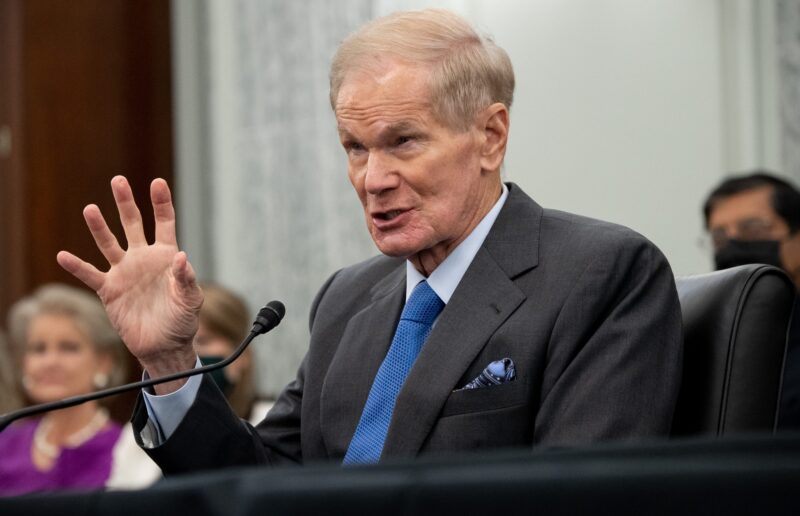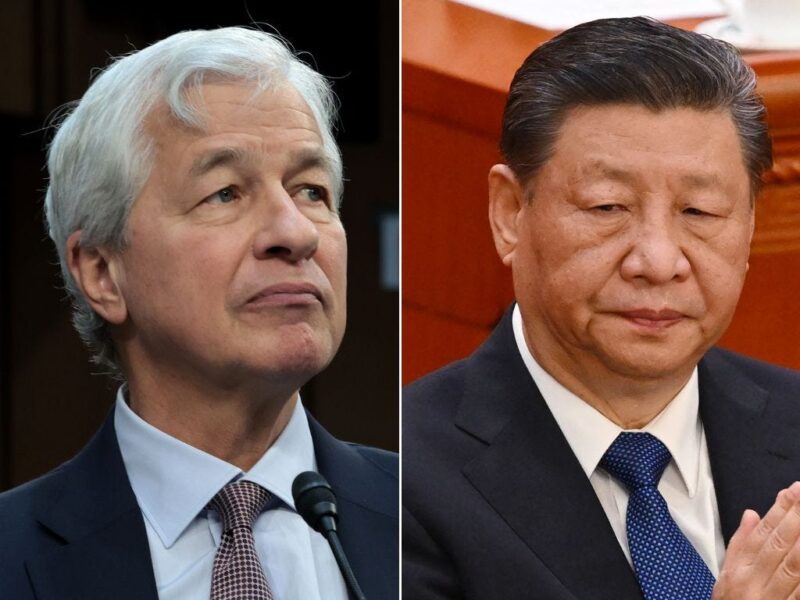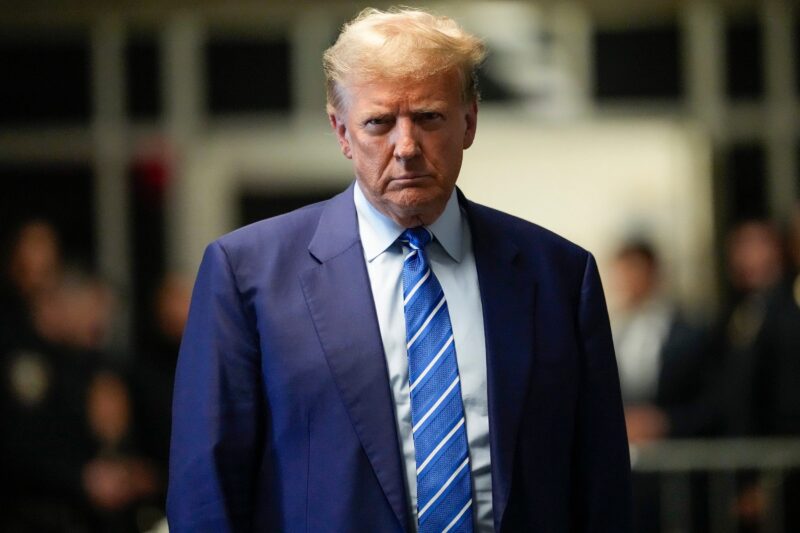- Bipartisan election advocates are asking Congress for $2 billion in federal election funds.
- A proposed spending package would allocate $400 million in election security grants.
- Advocates warned local election offices are "chronically underfunded" in a letter obtained by Insider.
A bipartisan group of election advocates is asking House lawmakers to significantly increase proposed federal funding for elections in a federal spending bill as the January 6 Committee hearings spotlight ongoing threats to election workers.
"The federal government hasn't meaningfully invested in our election infrastructure in over a decade, and as a result, local election offices around the country are chronically underfunded," a bipartisan coalition of advocacy groups and election officials wrote in a Thursday letter exclusively shared with Insider asking congressional leaders for $2 billion in election funds.
The House Appropriations Committee is soon set to take up a $29.8 billion Financial Services and General Government spending package for Fiscal Year 2023. The bill would allocate $400 million in federal support for elections.
But that amount falls significantly short of the $2 billion in federal election funding for FY-2023 and support for voting by mail that advocates requested and President Joe Biden asked for in his March budget proposal to Congress.
Signatories of the Thursday letter include advocacy groups, Protect Democracy, Issue One, and the Center for Tech and Civic Life, in addition to seven state and local officials, including Michigan Secretary of State Jocelyn Benson and Connecticut Secretary of State Denise Merrill.
The full Appropriations Committee will take up the proposal, which includes $400 million in federal election security grants and an additional $34 million in operating expenses for the Election Assistance Commission, in a markup set for 9 a.m. on Friday morning.
The letter said that $2 billion in "funding is necessary to provide for essential election resources at the local level, such as physical and cyber security systems, reliable and updated voting equipment, and adequate office space and personnel."
Congress' last major investment in elections was $3.5 billion with the Help America Vote Act of 2002, passed in the wake of the 2000 presidential election debacle in Florida.
Groups like CTCL argue that federal funding since then hasn't kept up with the skyrocketing costs of running elections, the complexity of the technology involved, and the mounting threats to election security since then.
"Many local election offices are struggling to provide for even the basics, lacking reliable internet access or storage space for election equipment," the letter from advocates said. "We can't let this continue."
Congress allocated $380 million in election security funds in its Fiscal Year 2018 spending bill, another $425 million in the following year, and $400 million of emergency funds for elections right after the COVID-19 pandemic hit — which fell far short of what advocates called for at that time.
Federal support during the pandemic was augmented by private funds from philanthropists distributed as grants by organizations including CTCL, but many states have since banned election officials from taking private grants.
"As we look at the needs across the country over the next decade, we estimate that there is going to be north of $50 billion of election infrastructure costs, most of those born at the local level," CTCL's executive director Tiana Epps-Johnson, told Insider in 2021.
In addition to rising costs and continuing cybersecurity threats, election officials in 2022 are contending with struggles recruiting poll workers, paper shortages, and increasing threats to their personal safety, as highlighted by the ongoing January 6 Committee hearings.
In the House committee's fourth hearing on Tuesday, former Fulton County, Georgia election worker Wandrea "Shaye" Moss and her mother Ruby Freeman testified about receiving a torrent of harassment and abuse in the wake of the 2020 election as Trump and his allies targeted the two by name in pushing their false claims of election fraud.











